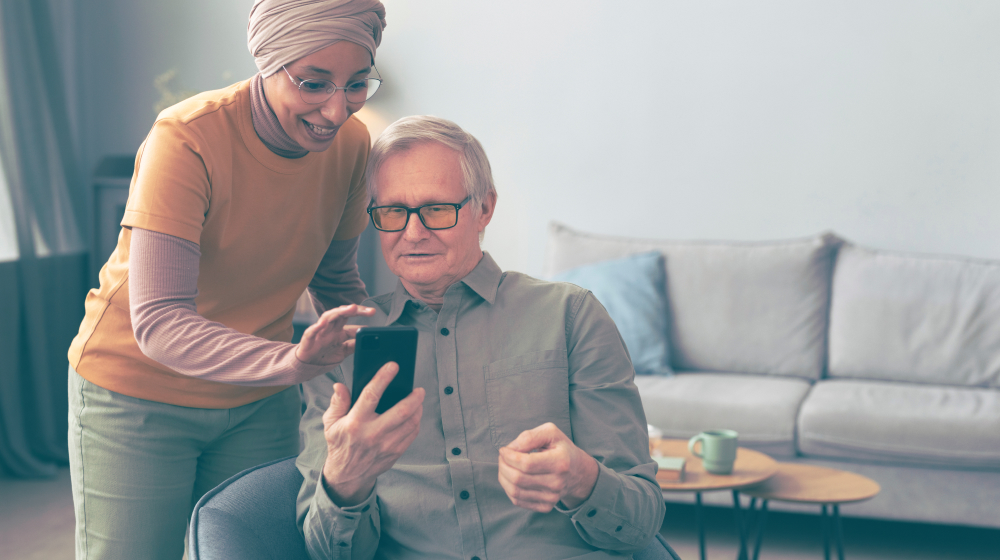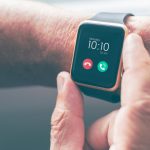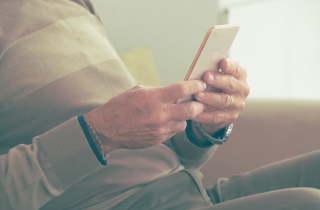Best Apps for Caregivers: Empowering Elderly Care through Technology
In the ever-evolving digital age, technology has become an invaluable ally for caregivers in managing the complexities of elder care. With a plethora of apps available, caregivers can now access resources, tools, and support right at their fingertips. This article highlights some of the best apps for caregivers, focusing on their features and benefits in enhancing senior care.
Elder Care Apps: A Gateway to Simplified Caregiving
Elder care apps are specifically designed to assist caregivers in managing the daily needs of the elderly. These apps offer various functionalities, from medication reminders to health monitoring, making them an essential part of modern caregiving.
Senior Care Apps: Streamlining Daily Tasks
Apps tailored for senior care help streamline various caregiving tasks. They offer features like calendar management, medication tracking, and emergency alerts, significantly easing the burden on caregivers and ensuring seniors receive timely care.
Comparison: Lotsa Helping Hands vs CaringBridge
When considering apps for caregiving, two notable names often come up: Lotsa Helping Hands and CaringBridge. Both apps provide platforms for organizing care and support for those in need. Lotsa Helping Hands is known for its community-based approach, allowing caregivers to create a care calendar and request help from friends and family. On the other hand, CaringBridge focuses on health journey updates and offers a platform for families to share information and receive emotional support.

Elderly Care Apps: Focused on the Needs of the Elderly
Elderly care apps are designed with the specific needs of older adults in mind. These apps often include features like large text options, simple navigation, and voice commands to cater to the potential limitations seniors may face in using technology.
The Best Apps for Caregivers
- CareZone: This app is a comprehensive tool for managing health information, medications, and doctor’s appointments. It’s especially useful for caregivers managing multiple aspects of elder care.
- MyMeds: Medication management is a critical part of elder care, and MyMeds helps in ensuring medications are taken correctly and on time.
- Caring Village: This app provides a centralized platform for caregivers to coordinate care, share updates, and store important health information.
- ElderCheck Now: Offering a quick and effective way to check on the elderly, this app lets caregivers receive health status updates, including heart rate and location.
Choosing the Right App for Elder Care
When selecting an app for elder care, it’s important to consider the specific needs of the senior and the caregiver. Factors like ease of use, available features, and the level of care required play a crucial role in determining the most suitable app.
Conclusion
Technology, in the form of various caregiving apps, has brought a revolution in the way elder care is managed. These apps not only simplify the caregiving process but also provide peace of mind, knowing that the elderly are being cared for with the help of advanced tools. As the caregiving landscape continues to evolve, these apps will undoubtedly play a central role in enhancing the quality of life for both caregivers and the elderly.
If you or a member of your family needs home care, or if you are looking forward to becoming a caregiver with Angel Care, Inc., a New York home care agency, we are here to help. Reach us now by phone at 917-507-7500 or by e-mail at [email protected].

In an era where technology is seamlessly integrated into daily life, Apple Watches have emerged as a significant tool for seniors, offering a range of features tailored to their needs. From emergency alert systems to health monitoring, Smart Watches provide a blend of safety and convenience for the elderly. Emergency Alert System on iPhone and Apple Watch One of the standout features of Apple Watches is the emergency alert system. It allows seniors to quickly contact emergency services if they find themselves in a precarious situation. This feature is easily accessible both on the iPhone and the Apple Watch, ensuring help is just a tap away. Apple's Commitment to Senior Care Apple demonstrates its commitment to the elderly through continuous enhancements in its devices. The Apple Watch and iPhone come equipped with features designed to cater to the unique needs of seniors, making these devices not just tools of convenience but also of care. Smartwatch Fall Detection: A Lifesaver Fall detection is a critical feature for seniors. The Apple Watch smartly incorporates this, automatically detecting a hard fall and sending an alert to emergency contacts if the user is unresponsive after a certain period. This can be lifesaving, especially for seniors living alone. Apple Watch: A Medical Alert System The Apple Watch doubles as a medical alert system. It can notify emergency services and predefined contacts in case of a medical emergency. With features like heart rate monitoring and the ability to detect irregular rhythms, it offers peace of mind to both the user and their loved ones. Health Monitoring for Seniors Health monitoring is another area where the Apple Watch excels. It tracks various health metrics, which are particularly beneficial for seniors. It includes monitoring heart rate, activity levels, and even blood oxygen levels, helping to keep a close eye on crucial health indicators. Best Apple Watch Models for Seniors When considering the best Apple Watch for seniors, models with larger screens and simpler interfaces are often recommended. The ease of use is a key factor, along with the availability of health and safety features. How to Use Apple Watch in Emergencies The ability to call 911 directly from an Apple Watch is a vital feature. It ensures that in any emergency, help can be summoned quickly and efficiently, a function that's particularly useful for seniors who might find themselves in situations where they can't reach their phone. Pros and Cons of Apple Watch for Seniors While the Apple Watch offers numerous benefits for seniors, including health tracking and emergency features, there are considerations to keep in mind. The cost can be a factor, and some seniors may find the technology challenging to navigate. However, the safety features and health benefits often outweigh these concerns. Conclusion Apple Watches have proven to be more than just a technological innovation; they are a tool of empowerment for seniors. With features like fall detection, emergency alerts, and health monitoring, they offer a blend of safety, health management, and peace of mind for both the elderly and their caregivers. As technology continues to evolve, the potential for these devices to enhance the lives of seniors is immense. If you or member of your family needs a home care - Angel Care, Inc., New York home care agency here to help, rich us now by phone at 917-507-7500 or by e-mail at [email protected].

Dementia is often associated with the elderly, but early onset dementia can occur in individuals in their 50s, or even younger. Understanding the signs of early onset dementia is crucial for timely diagnosis and treatment. This article will explore the symptoms and signs of early onset dementia, particularly in those in their 50s. What is Early Onset Dementia? Early onset dementia refers to dementia that begins before the age of 65. It encompasses a range of neurological disorders, including Alzheimer's disease, which affect memory, thinking, language, judgment, behavior, and the ability to perform everyday activities. Recognizing the Signs in Your 50s The signs of early dementia in the 50s can be subtle and often mistaken for normal aging or stress. However, early recognition is key to managing the condition effectively. Memory Loss Affecting Daily Activities: One of the earliest signs is often forgetfulness, particularly of recent events or conversations. Difficulty Performing Familiar Tasks: Struggling with tasks that were once routine, such as managing finances or following recipes, can be a warning sign. Language Problems: Difficulty finding the right words, struggling with vocabulary, or having problems following a conversation can be early symptoms. Disorientation and Confusion: Losing track of dates, seasons, and the passage of time is common. People may also get lost in familiar places. Impaired Judgment: Making uncharacteristic decisions, such as poor financial choices or neglecting self-care, can be indicative of early onset dementia. Changes in Mood and Behavior: Look for shifts in mood, personality changes, increased anxiety, or withdrawal from social activities. Apathy and Loss of Initiative: Losing interest in hobbies or activities previously enjoyed is a common sign. Diagnosing Early Onset Dementia Diagnosing early onset dementia involves a thorough medical evaluation, including a review of the individual's medical history, physical examinations, and cognitive tests. Brain imaging tests like MRI or CT scans can be used to detect changes in brain structure. Managing Early Onset Dementia While there is no cure for dementia, early diagnosis can allow for the management of symptoms and improve quality of life. Treatments may include medications to address memory loss and changes in thinking, as well as therapies to manage mood or behavioral issues. Conclusion Early onset dementia is a challenging condition, especially when it occurs in the 50s. Recognizing the signs is crucial for early intervention and care planning. If you or someone you know is exhibiting these symptoms, it is important to consult a healthcare professional for a comprehensive evaluation. Early diagnosis and intervention can make a significant difference in managing the disease and maintaining a higher quality of life. If you or a member of your family needs home care, Angel Care, Inc., a New York home care agency here to help. Reach us now by phone at 917-507-7500 or by e-mail at [email protected].



